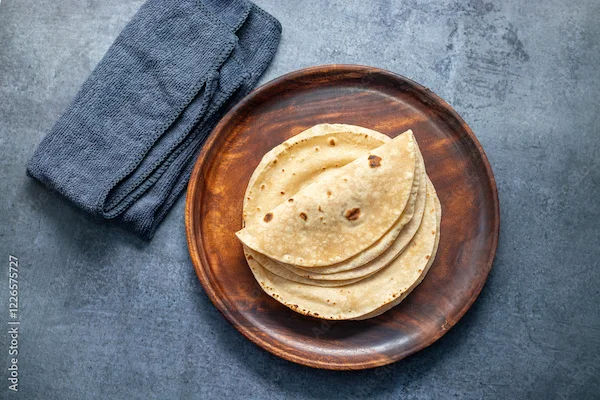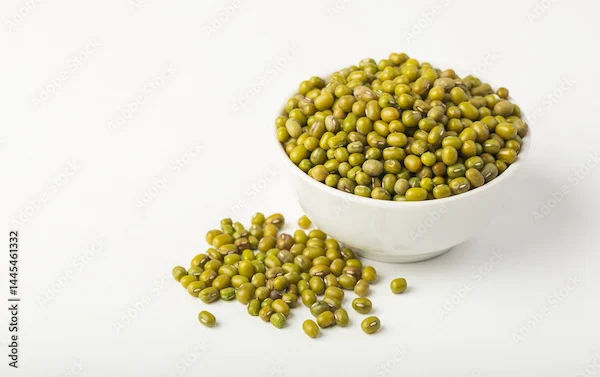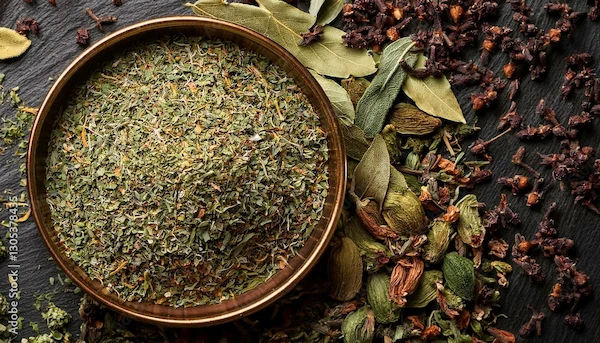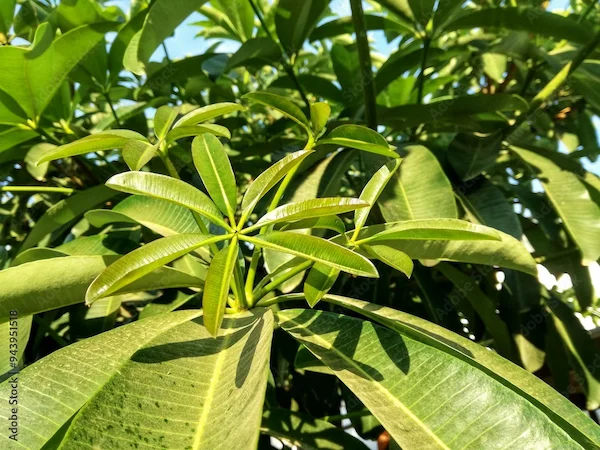Poppy Seeds: Health Benefits And Uses
Poppy seeds are nutrient-rich tiny seeds packed with calcium, magnesium, and antioxidants. Discover their health benefits and versatile uses in cooking and natural remedies.

Written by
Last updated on 17th Jul, 2025
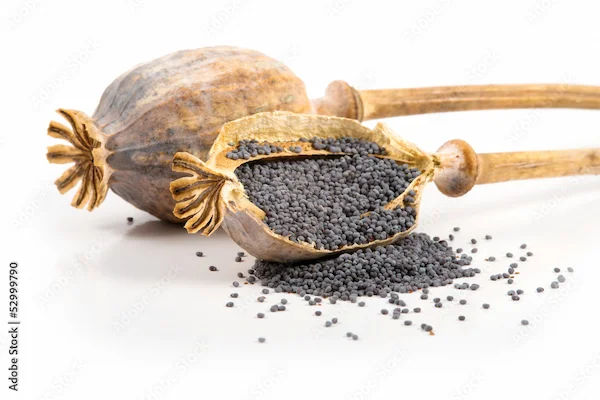
Introduction
Poppy seeds, tiny but mighty, have been used for centuries in cooking and traditional medicine. These small, kidney-shaped seeds come from the opium poppy plant (Papaver somniferum), but don’t worry—they don’t have the same effects as opium when consumed in normal food quantities. Instead, they offer a range of health benefits that make them a great addition to your diet.
In this article, we’ll explore the health benefits of poppy seeds, their nutritional value, and how you can incorporate them into your meals.
Nutritional Value of Poppy Seeds
Poppy seeds may be small, but they pack a powerful nutritional punch. Here’s what a tablespoon (about 9 grams) of poppy seeds contains:
Calories: 46
Protein: 1.6 grams
Fats: 3.7 grams (mostly healthy unsaturated fats)
Fibre: 1.7 grams
Calcium: 126 mg (13% of daily needs)
Iron: 1.7 mg (9% of daily needs)
Magnesium: 30 mg (7% of daily needs)
Zinc: 0.7 mg (6% of daily needs)
They’re also rich in antioxidants, which help protect your cells from damage.
Health Benefits of Poppy Seeds
Here are some of the benefits of poppy seeds:
1. Supports Bone Health
Poppy seeds are an excellent source of calcium and phosphorus, both essential for strong bones and teeth. Regular consumption may help prevent osteoporosis and improve bone density.
2. Aids Digestion
The high fibre content, poppy seeds promotes healthy digestion by preventing constipation and supporting gut health.
Consult Top Nutritionists
3. Boosts Immunity
Poppy seeds contain zinc and iron, which strengthen the immune system and help fight infections.
4. Promotes Heart Health
The healthy fats (like omega-6 fatty acids) in poppy seeds help reduce bad cholesterol (LDL) and improve heart health.
5. Helps with Sleep and Relaxation
Poppy seeds contain small amounts of compounds that have a mild calming effect, which may help improve sleep quality when consumed in moderation.
6. Supports Skin and Hair Health
The antioxidants and essential fatty acids in poppy seeds help maintain healthy skin and hair. They may reduce inflammation, prevent acne, and keep hair shiny.
How to Use Poppy Seeds in Your Diet?
Poppy seeds have a nutty, slightly sweet flavour and can be used in both sweet and savoury dishes. Here are some easy ways to include them in your meals:
Sprinkle on Salads or Yoghurt: Add a teaspoon of poppy seeds for extra crunch and nutrition.
Baking: Use them in bread, muffins, or cookies for a nutty flavour.
Curries and Gravies: Ground poppy seeds are often used in Indian cuisine to thicken and flavour dishes.
Smoothies: Blend a teaspoon into your smoothie for added nutrients.
Poppy Seed Dressing: Mix with lemon juice, honey, and olive oil for a tasty salad dressing.
Precautions and Side Effects
While poppy seeds are generally safe, there are a few things to keep in mind:
Drug Tests: Consuming large amounts may lead to a false positive on opioid drug tests due to trace opiate compounds.
Allergies: Some people may be allergic to poppy seeds. If you experience itching, swelling, or difficulty breathing, stop consumption and consult a doctor.
Pregnancy and Breastfeeding: Excessive intake should be avoided as it may have mild sedative effects.
When to Consult a Doctor?
If you have any concerns about including poppy seeds in your diet—especially if you have existing health conditions or are on medication—it’s best to consult a healthcare professional. If you’d like personalised guidance on nutrition or health, you can book a consultation with a dietitian or doctor through Apollo 24|7. They can help you create a diet plan that suits your needs.
Conclusion
Poppy seeds are a nutritious and versatile ingredient that can enhance both your health and your meals. From supporting bone strength to improving digestion, these tiny seeds offer big benefits. Just remember to enjoy them in moderation and consult a doctor if you have any concerns.
Consult Top Nutritionists
Consult Top Nutritionists
Ms. Lakshmi Tejasvi
Clinical Nutritionist
14 Years • M.Sc - Clinical Nutrition
Hyderabad
Vibgyor Nutri, Hyderabad

Dr. Ramalinga Reddy
General Physician
5 Years • MBBS MD General medicine
Bengaluru
PRESTIGE SHANTHINIKETAN - SOCIETY CLINIC, Bengaluru
Dt. Ila Sharma
Clinical Nutritionist
18 Years • Master in food & Nutrition
Gurugram
VIPUL GREENS - SOCIETY CLINIC, Gurugram
Dr Sumanth R
General Physician
2 Years • MBBS
Bengaluru
PRESTIGE SHANTHINIKETAN - SOCIETY CLINIC, Bengaluru
Mrs Sneha P V
Nutritionist
10 Years • Master of science in Food and Nutrition
Bengaluru
Apollo Clinic, Sarjapur Road, Bengaluru
Consult Top Nutritionists
Ms. Lakshmi Tejasvi
Clinical Nutritionist
14 Years • M.Sc - Clinical Nutrition
Hyderabad
Vibgyor Nutri, Hyderabad

Dr. Ramalinga Reddy
General Physician
5 Years • MBBS MD General medicine
Bengaluru
PRESTIGE SHANTHINIKETAN - SOCIETY CLINIC, Bengaluru
Dt. Ila Sharma
Clinical Nutritionist
18 Years • Master in food & Nutrition
Gurugram
VIPUL GREENS - SOCIETY CLINIC, Gurugram
Dr Sumanth R
General Physician
2 Years • MBBS
Bengaluru
PRESTIGE SHANTHINIKETAN - SOCIETY CLINIC, Bengaluru
Mrs Sneha P V
Nutritionist
10 Years • Master of science in Food and Nutrition
Bengaluru
Apollo Clinic, Sarjapur Road, Bengaluru
